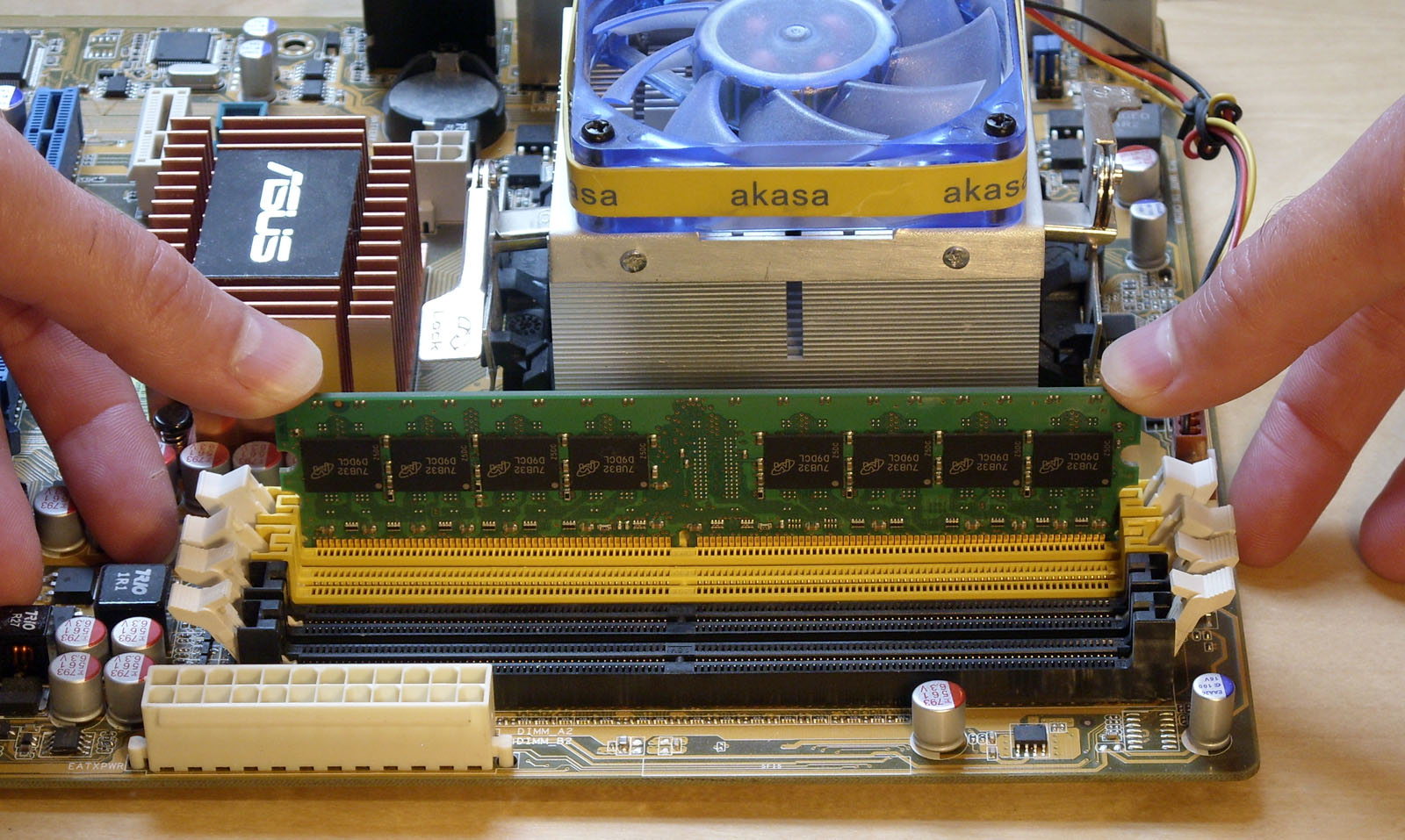Computer memory chips could get a massive boost from T-Rays
Terahertz radiation puts an ultra-speedy new spin on resetting memory cells

Memory could get a serious dose of supercharging in the future, although a breakthrough with Terahertz radiation which promises big speed increases is still very much in its early stages.
This all stems from new research into Terahertz radiation or so-called T-rays – employed in some body imaging solutions, such as the controversial full body scanners used at some airports – which claims that if they were used when it comes to resetting computer memory cells, instead of utilising a magnetic field which is the current method, then said process could be accomplished as much as a thousand times quicker.
The end result of this would be way faster memory, with obvious computing benefits across the board.
As spotted by Engadget, the research was published in Nature Photonics, in a paper where the authors demonstrate the “ultrafast switching of the magnetisation in TmFeO3”.
In other words, this is just testing on TmFeO3, a weak ferromagnet, and in it the researchers found an effect which was tenfold the strength of the traditional magnetic field. However, work on actual computer memory cells is still yet to be carried out (or at least demonstrated), so obviously there’s still a long way to go.
Big impact
The scientists reckon that advances on this front could have a big impact on all manner of technologies, including the realisation of quantum computing (which itself is taking big strides forward this year, with IBM building a quantum computer that anybody can access via the cloud).
In the nearer future on the memory front, there is much anticipation around the third-generation of HBM (High Bandwidth Memory) which boosts performance massively, and could be commercially available as soon as 2019.
Sign up to the TechRadar Pro newsletter to get all the top news, opinion, features and guidance your business needs to succeed!
HBM stacks chips up to cram more memory into a smaller space, and further advances in the tech could be critical in shrinking GPUs to perform tricks like being able to fit inside a VR headset, without making the thing too bulky or hefty to be wearable. Read up more about all this in our feature on the future tech which is set to transform memory and storage.
- And here’s why faster GDDR6 memory won’t be pepping up your graphics card next year
Darren is a freelancer writing news and features for TechRadar (and occasionally T3) across a broad range of computing topics including CPUs, GPUs, various other hardware, VPNs, antivirus and more. He has written about tech for the best part of three decades, and writes books in his spare time (his debut novel - 'I Know What You Did Last Supper' - was published by Hachette UK in 2013).